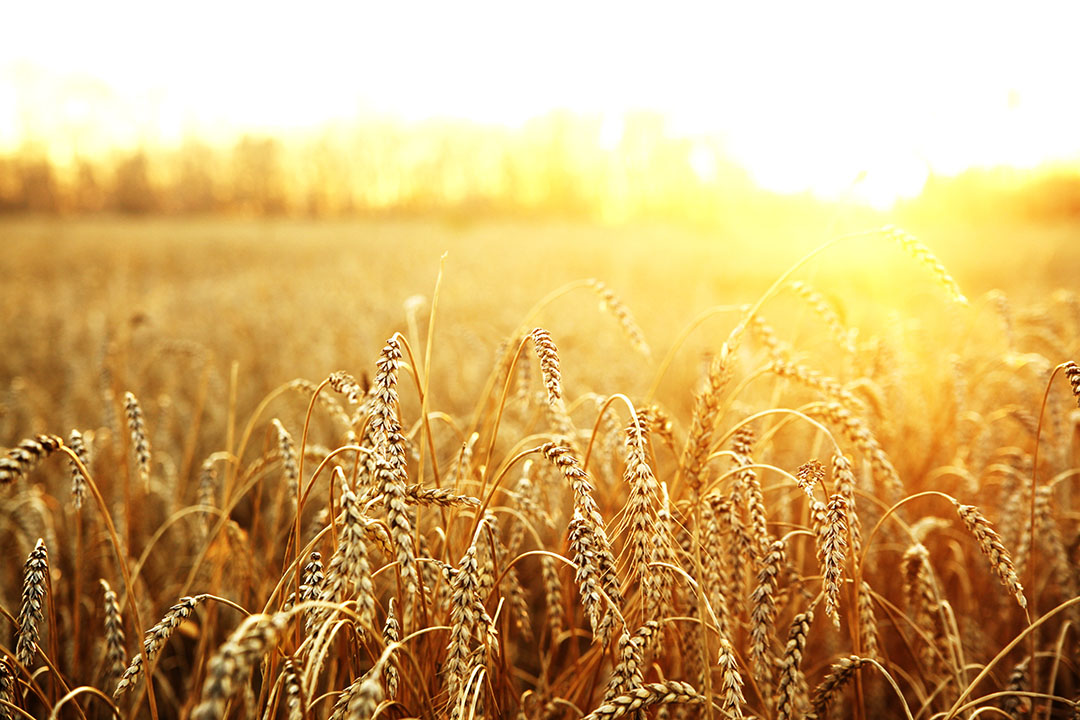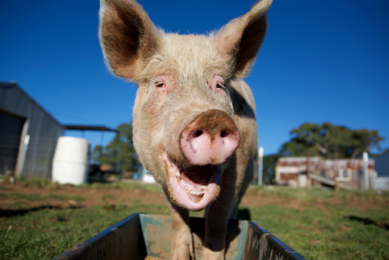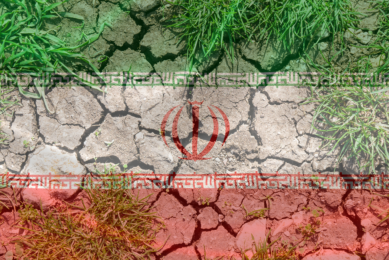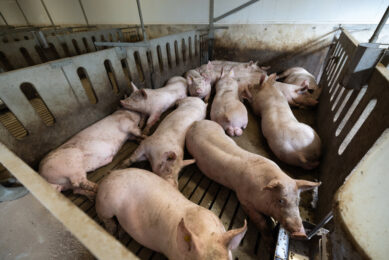Worst harvest in 10 years for North Korea

Due to the worst harvest in 10 years as a result of dry spells, heatwaves and flooding, about 10.1 million people in North Korea are suffering from severe food shortages, meaning they do not have enough food to last until the next harvest.
This is according to a United Nations food security assessment in the Democratic People’s Republic of Korea (also known as North Korea).
Food deficit of 1.36 million metric tons
The aggregate 2018/19 food crop production is estimated at 4.9 million metric tons, which is the lowest since the 2008/09 season. In addition to unfavourable climatic conditions, limited supplies of agricultural inputs, such as fuel, fertiliser and spare parts have had a significant adverse impact. The assessment, which is based on UN Food and Agriculture Organization and World Food Programme missions to the country last month and in November 2018, concluded that the reduced harvest, coupled with increased post-harvest losses, has led to a food deficit of 1.36 million metric tons after considering the commercial import capacity of the country.
Series of measures to bolster agricultural production
The report found worryingly low food consumption levels, limited dietary diversity and families being forced to cut meals or eat less. In particular, it expresses serious concern about lack of dietary diversity which is vital for good nutrition. The situation is particularly worrisome for young children and pregnant and breastfeeding women, who are the most vulnerable to malnutrition. The UN’s recommendations include scaling up food assistance to meet immediate needs, and prioritising areas where food needs are the greatest and where climate impacts are the most severe. It also recommends an expansion of nutrition programmes and disaster risk reduction measures to enable at-risk communities to better cope with future shocks. The assessment also recommends a series of measures to bolster agricultural production including importing fertilisers and other agricultural chemicals, water pumps, greenhouses, and vegetable seed, as well as upgrading grain drying equipment, threshing machines and storage facilities in order to reduce post-harvest losses.
Source: FAO











